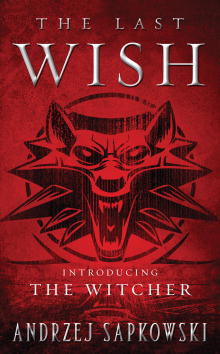The News At 10:00 last night carried the sad story that Sir Arthur C. Clarke had passed away, some three months after his 90th birthday.
 Although best known for 2001: A Space Odyssey, Clarke’s work encompassed so much more than just an iconic date. The Fountains of Paradise won both the Hugo and the Nebula Awards and his brilliant Rendezvous with Rama went one better by adding the John W. Campbell Memorial Award. The scenes at the opening of Independence Day, of giant spaceships appearing over the Earth’s major cities, is straight out of the majestic Childhood’s End, written over forty years earlier.
Although best known for 2001: A Space Odyssey, Clarke’s work encompassed so much more than just an iconic date. The Fountains of Paradise won both the Hugo and the Nebula Awards and his brilliant Rendezvous with Rama went one better by adding the John W. Campbell Memorial Award. The scenes at the opening of Independence Day, of giant spaceships appearing over the Earth’s major cities, is straight out of the majestic Childhood’s End, written over forty years earlier.
His incredible body of work is reason enough to consider ‘greatness’ an entirely appropriate adjective, but Clarke was so much more than simply a science fiction writer. He gave us Clarke’s Three Laws; he served in the RAF during the Second World War, where he was involved in the development of the early warning radar defence system; and in a paper published in Wireless World in October, 1945, he practically invented the telecommunications satellite.
When I heard the news last night, I went upstairs and took my copy of The Collected Short Stories off the bookshelf. I’ve read pretty much everything Clarke’s written over the years – certainly all the solo works – but it has probably been over twenty years since I’ve read any of his short stories. As I looked down the contents page trying to decide where to start, it was like reading a Shakespeare play and seeing all the quotes leap out. An unremitting catalogue of brilliance stared out at me: here was Loophole, there was Rescue Party; The Wall of Darkness, Nemesis, Second Dawn, All the Time in the World, The Lion of Comarre, No Morning After, A Meeting with Medusa, “If I Forget Thee, Oh Earth. . . “, Encounter at Dawn, Expedition to Earth, The Other Side of the Sky, Transit of Earth, The Wind From the Sun, Against the Fall of Night.
Those who know anything about Arthur C. Clarke will have spotted three glaring omissions in the above, and of course, that’s where I started. I re-read The Nine Billion Names of God, then I re-read The Star, and then I re-read The Sentinel. In some cases, the prose style may have dated a little, but the concepts and the execution are as powerful as ever. If you’d asked me as a teenager what reading Arthur C. Clarke felt like, I’d have said ‘having my brain pried open and the universe poured in’. After reading those stories again last night, I’d say my teenage self had it spot on.
We lost one of our Greats yesterday. Farewell, Sir Arthur C. Clarke, the world is poorer for your passing.





 The
The  Although best known for
Although best known for 